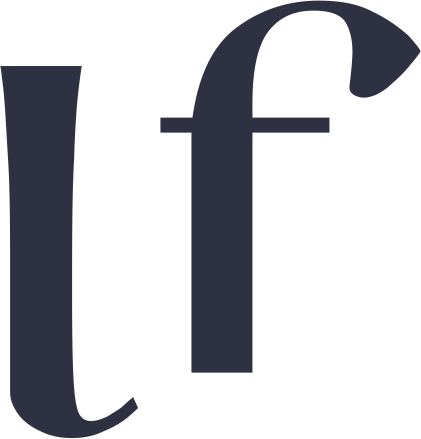How to interview anyone
Tips. Tricks. Methods.
Two important points:
Know when an interview is appropriate. Interviews aren't the best way to gather facts, but are great for gathering opinion. People's memories of facts may be faulty, so rely on other sources when possible.
You and your source do not share the same goals. Every source has a point of view that will color the content and tone.
Getting the interview:
You won't get the interview unless you ask. Planning in advance works best, but there are exceptions.
Even if sources have reason to believe you are investigating them or want to discuss something unpleasant, try to emphasize that you want to be fair and accurate and need their side of the story.
How would you approach a potential interviewee whom you did not know?
Preparation:
Do your homework, so you don't waste time gathering background information during the interview.
Write out questions in advance.
Interview itself:
Face-to-face interviews are better than those by phone or e-mail. Why?
Pick a location with as few distractions as possible.
Techniques:
Establish rapport with the source. A little small talk may help.
Don't ask questions that can be answered yes or no. (There are exceptions.)
Keep your questions short and ask only one at a time.
If you must ask a tough question, save it until the end. Ask it in the same tone as other questions. Use a phrase such as, "People are saying X about you. How do you respond?"
Avoid "leading" questions — ones that suggest an answer. Don't put words in the mouths of sources.
Show empathy — smile, nod, make eye contact. This helps keep the person talking. But don't suggest that you have an opinion on what's being said, be neutral. Control your anger.
Make sure the source answers the question. Repeat or rephrase it if necessary.
Don't be afraid to ask for clarification. It's better to ask the source to explain than to get it wrong in your story.
Ask follow-up questions. Within limits, don't be afraid to follow the source down unexpected paths.
Shut up and listen. Reporters often talk too much during interviews. Actively focus on what the person is saying.
You listen faster than a person talks, so use this rate difference to your advantage. Evaluate what the person is saying and how he/she is saying it. Formulate your next questions. But don't forget to keep listening!
Listen to what is not said.
Note surroundings, mannerisms, appearance, especially in feature stories.
Stick within the time limit for the interview if one was set.
Concluding questions: "Anything else I should know about Topic X?" "Can I call you later if necessary?"
Getting people to talk:
Silence. Sit quietly and wait for an expanded answer.
Encouragement. Use short, encouraging phrases: "That's interesting."
Repetition. Repeat the person's answer in his or her own words.
Examples. Ask for them.
Ask "why" and "how."
Ask longer questions (but not too long).
Taking notes:
Reporters have different theories on this. Taking lots of notes is usually better than not taking enough. Don't trust your memory.
Using a recorder — discuss how and when to use. (Obviously differs for broadcast journalists.)
Develop a shorthand system for taking notes.
Go over your notes immediately after the interview to fill in gaps, clarify your handwriting.
Some interviewees will watch your note-taking for indications of what you think is important.
Letting sources look at stories:
Usually not done because of time constraints and temptation for sources to edit and rephrase what they said.
May be done with stories containing technical or complex details — to ensure accuracy. If this is done, clarify with sources that you're not giving them wholesale power to control content.
Sources who aren't used to dealing with the media are likely to ask to see the story before publication. Anticipate this problem and clarify with sources before the interview starts.
Off the record/granting confidentiality:
Establish guidelines at the start of interview.
In most cases, avoid off-the-record interviews.
Have a clear understanding with your boss about when and how you can grant confidentiality to a news source.
(Source: “Advanced Reporting: Discovering Patterns in News Events” by Donald L. Shaw, Maxwell McCombs and Gerry Keir.)


